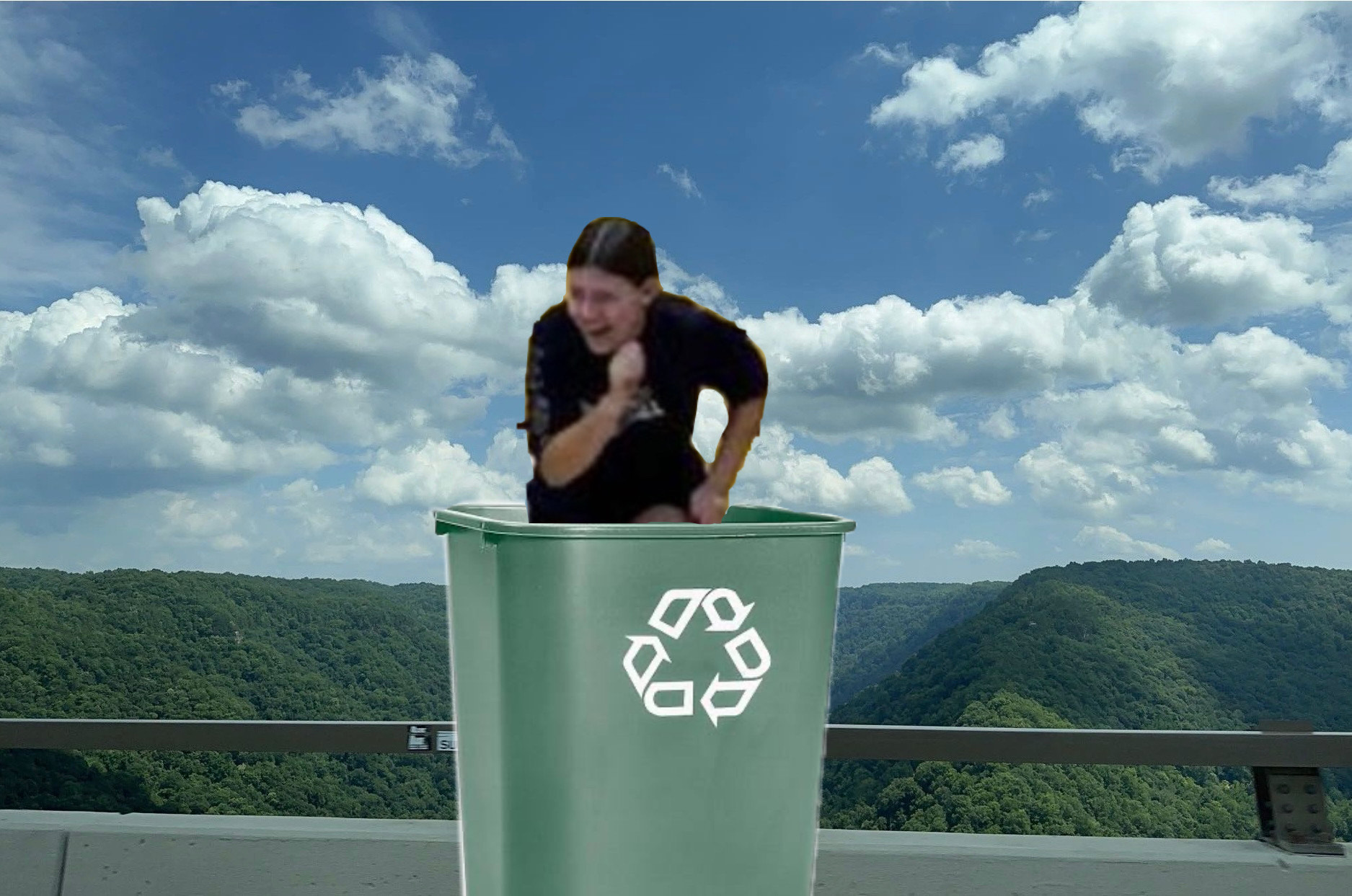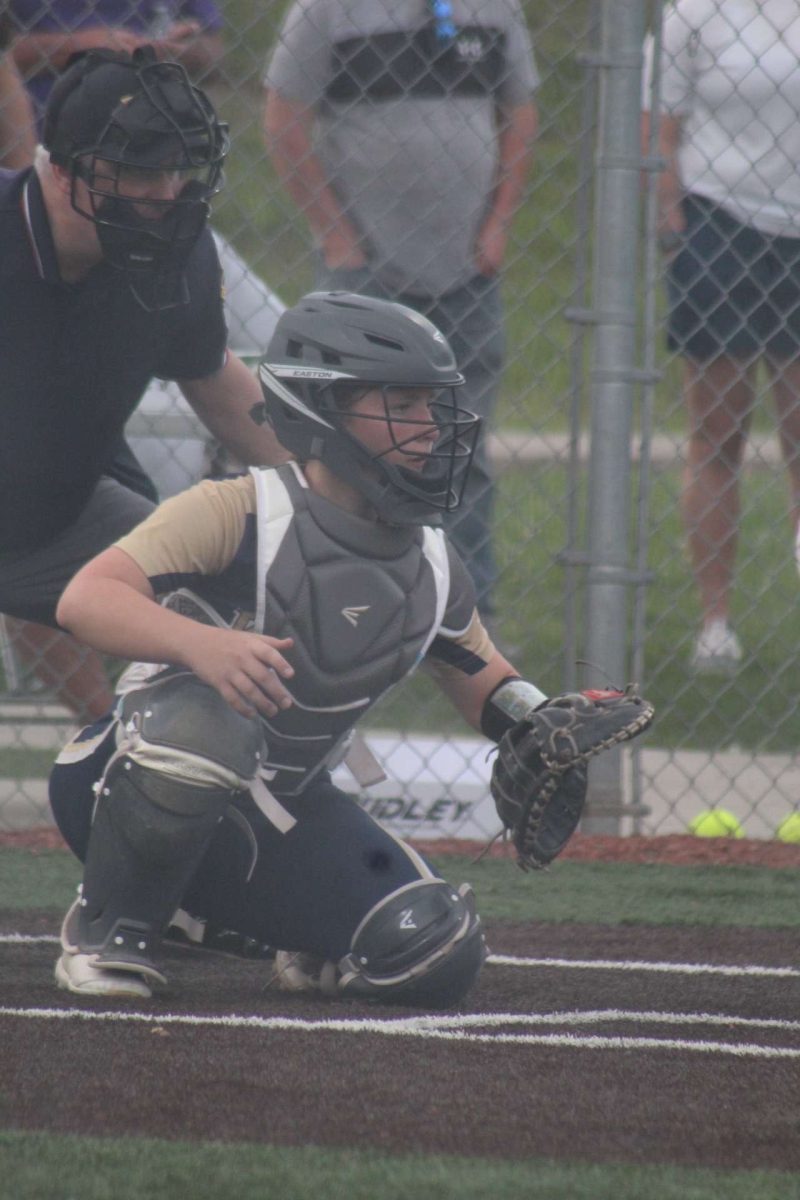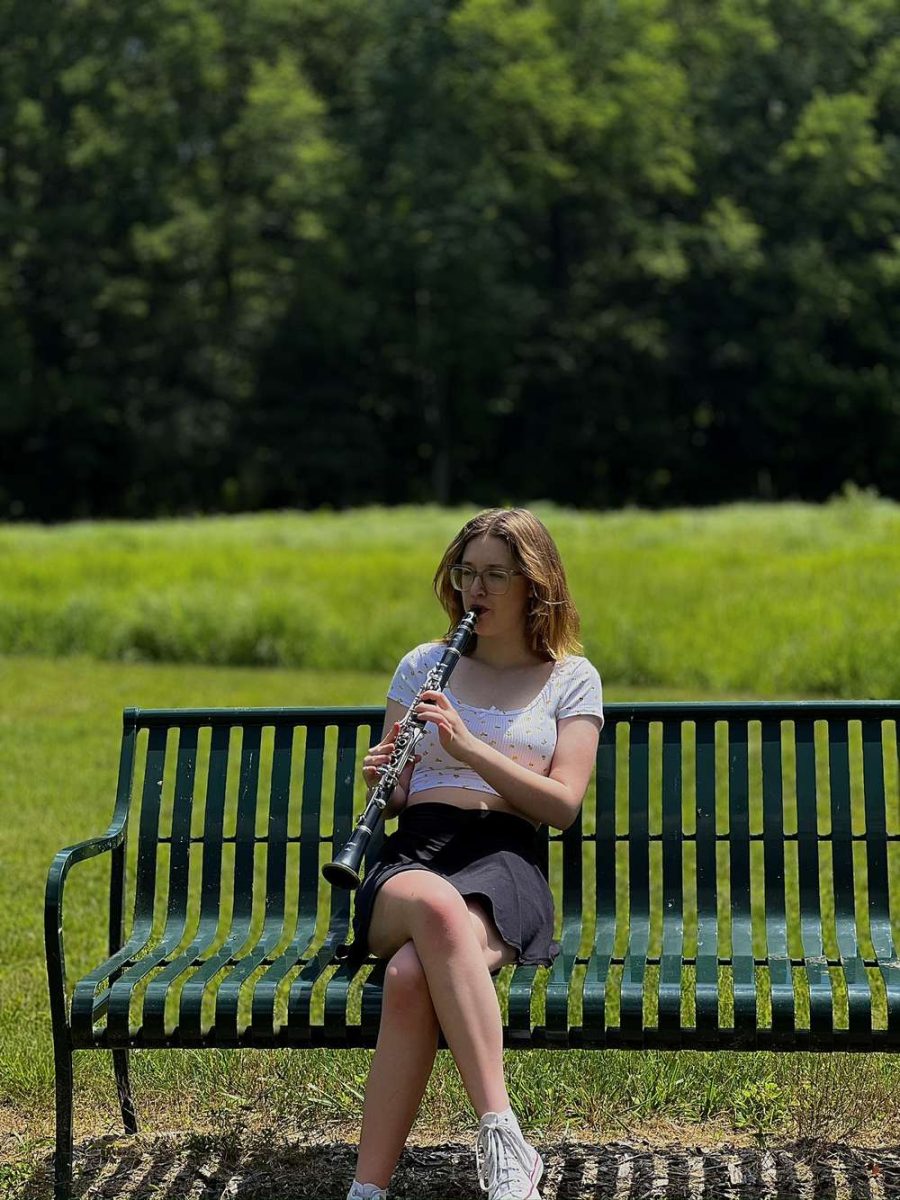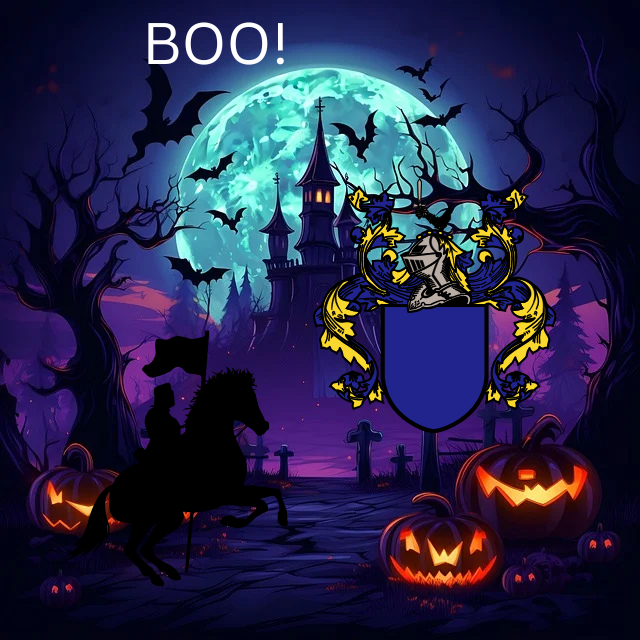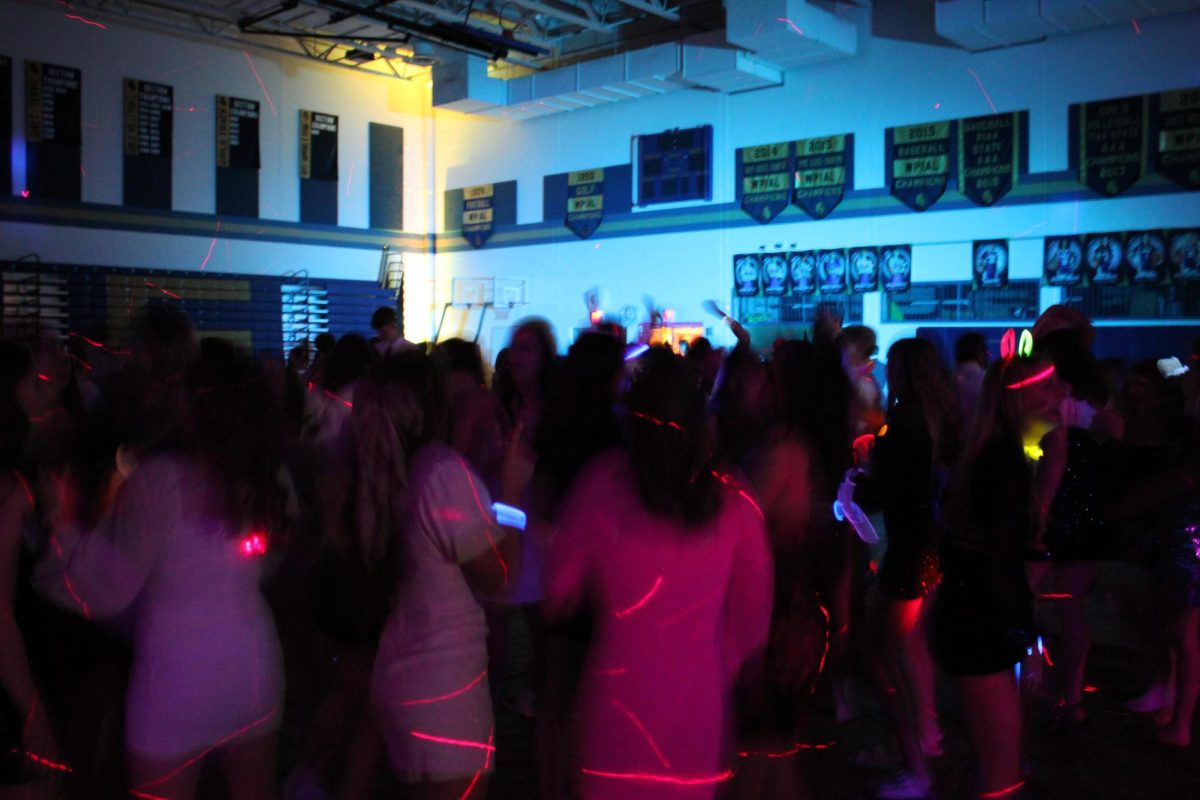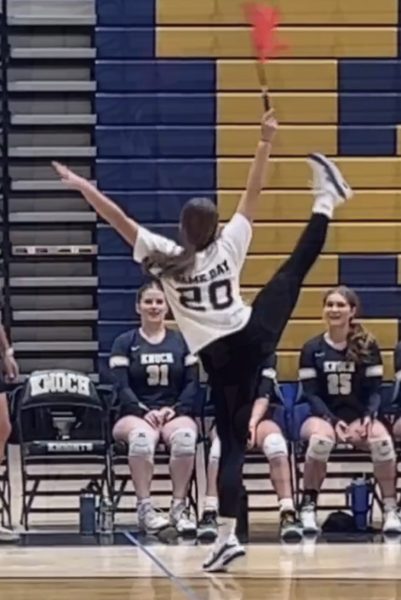It’s no secret that we only have one Earth to live on. Only one place to breathe fresh air, only one place to raise a family, only one place to achieve your dreams, only one place to save. So why is it that we treat this planet as if we have a million other back ups? From the burning of greenhouse gasses to polluting the oceans, we constantly are harming our one Earth. That’s where conservation comes in.
In case you’re unfamiliar with the term or need a reminder, conservation is protecting species from extinction, maintaining and restoring habitats, enhancing ecosystem services, and protecting biological diversity. Ideas of conservation were first introduced in the 16th century, but became much more prevalent in the Industrial Era. Despite the increase of use of conservation in the 18th century, it has never been more important than now.
There are many different forms of conservation. A major and well known form of conservation are National Parks because they protect entire ecosystems consisting of animals, land and bodies of water. Established by George Catlin in 1872, Yellowstone was the first national park in American history created to not only allow people to enjoy nature, but also to conserve wilderness. Catlin’s idea was inspired by his concern of the destruction of Indian civilization and wildlife in westward settlements. After Yellowstone’s success, 62 other national parks were created throughout the U.S. With over 85 million miles of protected land, national parks have saved 660 endangered species and counting. Not only have national parks protected thousands of species and landscapes, they have also raised millions of dollars from tourism to put towards continuing conservation.
Not only is conservation important to the world we live on, but it’s also important to us. Imagine a world without healthy forests, open spaces, clean water and places to walk. Our planet needs to be heavily safeguarded with the threat of climate change already wreaking havoc on our natural environment. Protecting animal habitats also protects the barrier between animals and humans. Providing a space for animals to live freely prevents diseases from jumping from animals to humans, such as the Ebola outbreak that claimed 11,323 lives from 2014 to 2016.
We can’t keep waiting for big corporations and governments to put efforts toward conservation, or even simply tell us to practice conservation, so we must take it upon ourselves. There are a multitude of easy ways that you can personally practice conservation in order to assist in saving our planet. First and foremost, reduce, reuse, recycle. Buy reusable straws instead of using single-use plastic ones, bring your own reusable bags for when you go shopping or get groceries, or buy a reusable water bottle instead of plastic ones. And no, pouring plastic bottles into your Stanley cup is not practicing conservation. Be mindful of your wants vs. your needs. Go the extra mile to recycle everything you can, and make sure the components are clean so they can actually be repurposed. Pick up trash you see when you’re outside(or inside too I suppose), and hold onto your own trash until you find a place to throw it away.
Simply put, it’s impossible for us to be happy and healthy in an unhealthy environment. If we truly care about the future of our earth, as well as future generations after we are gone, we need to continue our efforts to conserve earth’s natural state.

